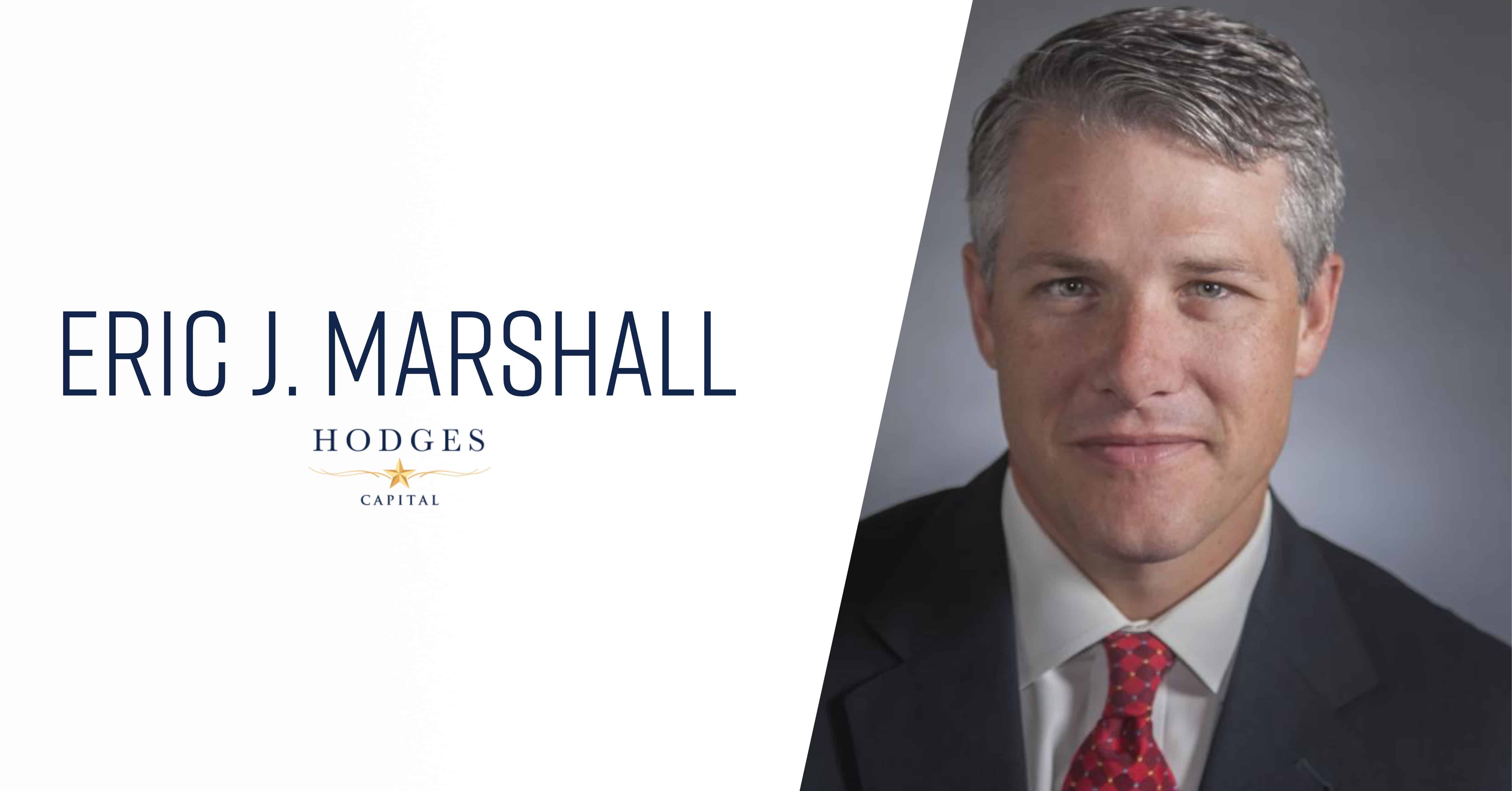“It’s the end of the world as we know it,” as the pop singer bellows out the first line of the chorus of a top song for their band. What a profound statement when we think of the chaos of the past few years and the impact economic factors have made on your net worth. For many Millennials and Gen-Z individuals it may appear as if their world has ceased to exist as they are accustomed to in their short lives. We have been here before and we will return to this state of the economy again.
One constant in U.S. economy is the fact that it will continue to cycle. The four phases of our economy have been recognized by financial experts for decades and with quite predictable accuracy – expansion, peak, contraction, and trough. Difficulty lies in defining which one of the phases we currently find our country.
Economists analyze several factors to determine the current phase of our economy. Gross Domestic Product, employment, interest rates and consumer spending are a few of the factors followed to determine trendlines within the four phases of the economy. Gross Domestic Product (better known as “GDP”) is the total monetary or market value of all the finished goods and services produced within a country’s borders in a specific time period. GDP can be computed on a nominal basis or a real basis. When accounting for GDP on a real basis, the consideration of inflation plays a significant role in the computation.
In the United States, our real GDP rate is typically between 2% – 4% on an annual basis. To compare this with other countries, consider China who reports a real GDP rate of 8.1% for 2021 according to www.data.worldbank.org. As the country’s GDP rate goes up the production for labor, exports and other areas of the United States is performing at efficient levels. If other factors considered are increased over a previous period, the country may be in expansion or reaching its peak economically.
It is important to understand the cycle of our economy and use this information to your benefit. The New York Stock Exchange, the American Stock Exchange and London Stock Exchange are auction markets. It functions by a process that someone must sell a stock for someone to buy a stock. This is known as the secondary market.
Another of the statistics focused on by investors is the labor participation rate. The United States is currently experiencing one of the best unemployment rates in modern history due to the recall of millions of workers back to the workforce after the federal government shut down the businesses employing them. If the unemployment rate rises, this will be a leading indicator to possible negative economic conditions occurring.
There is not one magic number for purposes of determining the type of economy experienced in the United States. To study these factors and guide your investment philosophy requires discipline and patience. Many investors have been unable to fight the emotional battle of watching their savings plunge and staying the long-term course determined to be the most probable path to success. As wealth advisors, our goal is to provide understanding and education to our clients so they can make intelligent decisions. Emotions play no role in the process but can be intrusive to sound judgment.
Life changes on a daily basis. It is critical that you construct your affairs in a manner that allows for the disruptive periods of time to pass without substantial change to your long-term plans. To attempt to time the markets would, in my opinion, give greater risk to reaching your long-term savings goals than to simply design a fully-diversified portfolio to weather the storm. By consistently maintaining your acceptable level of risk in the portfolio through periodic rebalancing, your probabilities for reaching your goals are much higher.
If you’re concerned about the economic conditions or have questions pertaining to your investments providing for your future in the manner you desire, consider a complimentary consultation with a Certified Financial Planner™ professional. When you have a vision for your future that helps you see your goals accomplished, it is much easier to live through the economic challenges of life. See you on the jogging trail!















